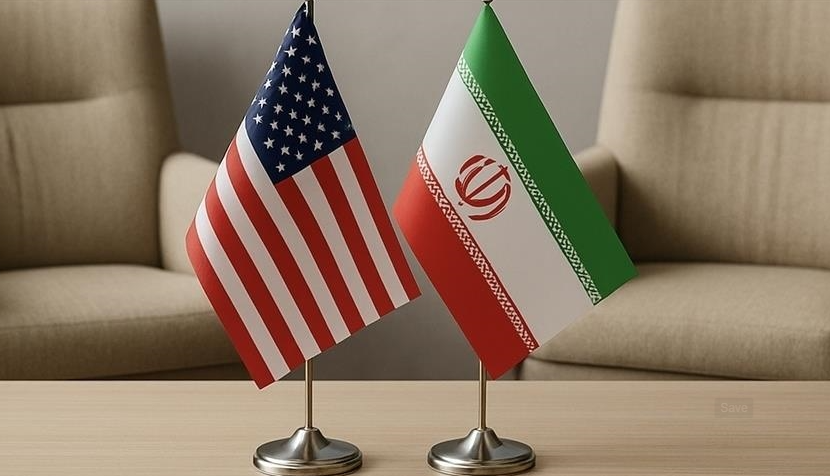US–Iran peace on the horizon?

DOHA – US President Donald Trump has claimed that a new nuclear deal with Iran is very close to being reached.
In a statement made during his visit to Doha, Qatar, Trump said that Iran had subtly agreed to the terms of the agreement.
“We are very close to securing a long-term peace deal with Iran,” said Trump at a business forum in Doha, as quoted by CNN on Friday (16 May).
He added that there are two paths to resolution—peace or violence—and he prefers the path of peace.
However, Iranian authorities have yet to officially confirm Trump’s statement.
Nonetheless, Iran’s semi-official news agency ISNA reported Trump’s remarks, and Iranian President Masoud Pezeshkian responded sharply, calling Trump naïve if he believes Iran would bow to foreign pressure.
“We will never negotiate our dignity,” Pezeshkian said firmly, as quoted by local Iranian media.
The latest negotiations between the two countries were held in Muscat, Oman, but sharp differences remain regarding the issue of uranium enrichment.
Iran insists on maintaining its right to enrich uranium, something that both sides have claimed as a “red line.”
Meanwhile, the adviser to Iran’s Supreme Leader, Ali Shamkhani, stated in an interview with NBC News that Iran is willing to sign an agreement provided that economic sanctions against the country are lifted.
He also mentioned that Iran is prepared to eliminate its stockpile of highly enriched uranium and restrict enrichment solely for civilian purposes under international supervision.
On the other hand, US foreign envoy Steve Witkoff described Iran’s uranium enrichment programme as a “red line” that is non-negotiable.
However, in a separate interview, Witkoff previously stated that low-level uranium enrichment could still be considered.
Global oil prices have been affected by these developments. Brent crude prices fell by more than 3% to US$64 per barrel, while West Texas Intermediate dropped 3.5% to around US$61 per barrel.
The decline reflects market expectations that a deal might be reached and sanctions on Iran could be eased, potentially paving the way for increased Iranian oil exports.
However, sources from the Iranian side have stated that the United States has yet to offer a truly new proposal, and the talks remain at an impasse.
One key sticking point is Iran’s request for a phased lifting of sanctions—something the US has not yet agreed to.
As tensions rise, Gulf nations such as Qatar are increasingly concerned about the environmental and geopolitical fallout should the conflict escalate into military strikes on Iran’s nuclear facilities.
Trump has sought to ease such concerns by promising protection for Qatar, which he described as a very special place.
However, the American appetite for attacking Iran seems to have diminished, given the current US deficit has reached US$30 trillion, forcing major budget cuts and the need to raise tariffs.
This was also evident in the US’s decision to halt its attacks on the Houthis, after it was revealed that the operation had cost US$1 billion in just one month.
(EF/LM)